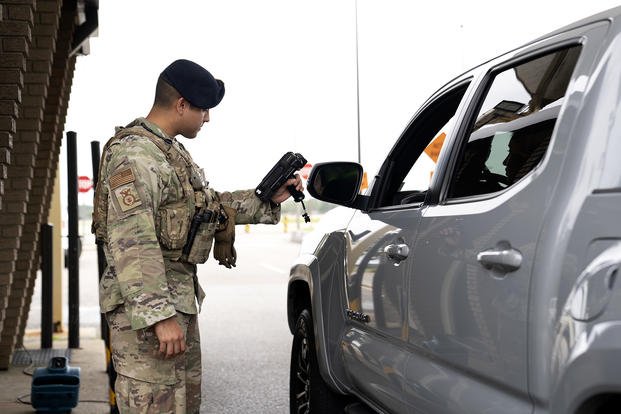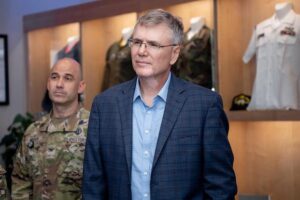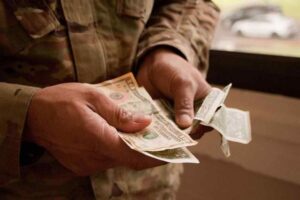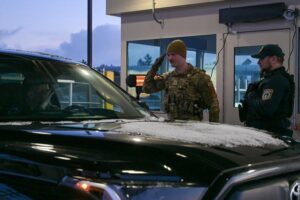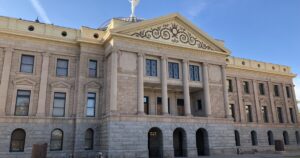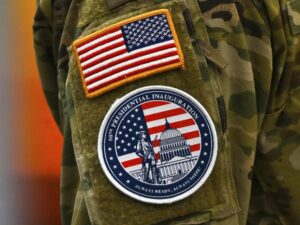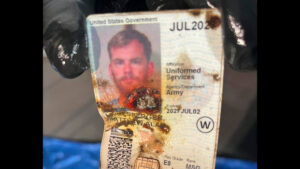Heightened Security at U.S. Military Bases Following Recent Attacks
In response to recent violent incidents involving military personnel, U.S. military installations nationwide are tightening security procedures and halting certain visitor programs. These changes follow attacks executed by a current and a former service member in New Orleans and Las Vegas last week.
On Friday, bases began announcing the suspension of the Trusted Traveler Program, which previously allowed vetted Defense Department personnel to escort guests onto military installations. This decision, directed by U.S. Northern Command, applies to all bases, facilities, and units in North America, including Alaska, under its jurisdiction.
According to a statement from Marine Corps Base Quantico, drivers should prepare for potential delays and random inspections at entry gates as part of enhanced security measures. These efforts aim to maintain the bases’ combat readiness and security.
The suspended program previously enabled Defense Department ID cardholders, such as those with Common Access Cards or Defense Biometric Identification System cards, to bring visitors onto bases without additional paperwork. Now, those without such identification will need to secure a base pass from an installation’s visitor center.
“The increased force protection measures directed by USNORTHCOM are a prudent measure to ensure the safety and security of our installations and personnel,” stated Maj. Jennifer Staton, a Department of Defense spokesperson, in a statement to Military.com.
The connection between the suspension of the Trusted Traveler Program and the investigations into the New Orleans and Las Vegas attacks remains unclear. Both attackers, due to their service status, likely had base access.
In New Orleans, former Army soldier Shamsud-Din Jabbar drove a rented truck into Bourbon Street, resulting in 14 fatalities before being neutralized by law enforcement. Meanwhile, in Las Vegas, Army Green Beret Master Sgt. Matthew Livelsberger detonated a Tesla Cybertruck, injuring seven bystanders. Livelsberger died from a self-inflicted gunshot wound inside the vehicle prior to the explosion, as confirmed by law enforcement.
Military.com reported that Livelsberger left behind a note labeling his attack as a “wake-up call” for the nation. Jabbar was seen flying an Islamic State flag during his attack.
Despite these incidents, Staton assured Military.com that the Department of Defense is “not aware of any threats to installations at this time.”
Retired Air Force Col. John Probst shared his perspective with Military.com, suggesting that suspending the Trusted Traveler Program allows commanders to better monitor who enters bases, thereby enhancing security. Probst also noted that this change signals to potential threats that security protocols are not routine, creating a more vigilant environment.
“If you’ve got bad actors out there and they see that one person only showing an ID and, now, next week, everybody’s showing an ID and every 10th car gets opened up and they look in the trunk and under the hood, the signal you’re sending is it’s not the same as it was yesterday,” Probst told Military.com. “There’s more alertness being paid to those coming and going, and you never know who’s watching.”
U.S. Northern Command has not disclosed when the Trusted Traveler Program might be reinstated or when security measures could be relaxed.

